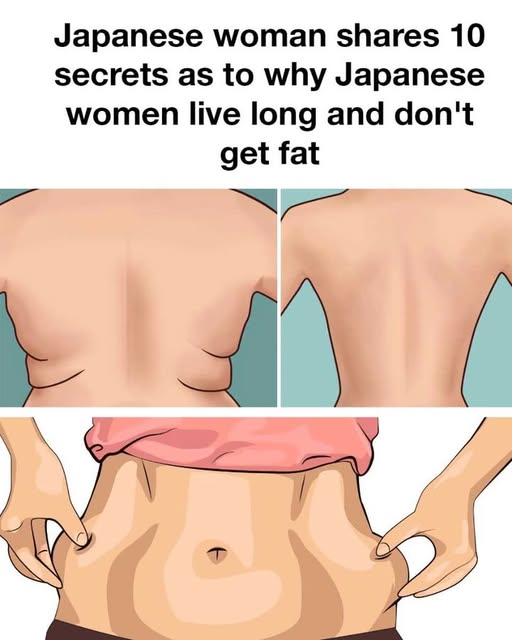Yes yes yes. Full article
Japan’s women hold the world’s highest life expectancy at 87.7 years—far beyond the U.S. average of 79.3. Their secret isn’t a single food or supplement, but a lifestyle deeply rooted in cultural habits that nurture both body and mind. Despite rice-heavy diets, obesity rates remain under 5%, proving longevity isn’t about restriction, but balance.
Studies from Okinawa, Tokyo’s longevity labs, and the Blue Zones Project reveal that only about 25% of lifespan is genetic—the rest depends on environment and daily choices. Japanese women don’t consciously “diet.” Instead, practices like *Hara Hachi Bu*—eating until 80% full—naturally reduce calorie intake while improving cellular health. Meals are slow, portioned into small plates, and enjoyed without distractions.
Sleep is treated as sacred (*Oyasumi Seikatsu*), with quality rest reducing stress hormones and supporting recovery. Movement is also built into everyday routines, from biking to walking to small household tasks, which collectively burn more energy than gym sessions.
Equally vital is *ikigai* (a sense of purpose) and *moai* (tight-knit social groups), which dramatically reduce loneliness and cognitive decline. Add to this a diet rich in fermented foods—like miso, natto, and pickled vegetables—that strengthens the gut and slows aging, and the pattern becomes clear.
The real lesson? Longevity isn’t willpower—it’s environment. Japanese women thrive because their culture makes healthy living effortless, weaving purpose, movement, and community into daily life. For the West, adopting even small habits—like mindful eating, morning walks, or daily connection with a friend—can unlock the same path to a longer, healthier life.






Post Comment